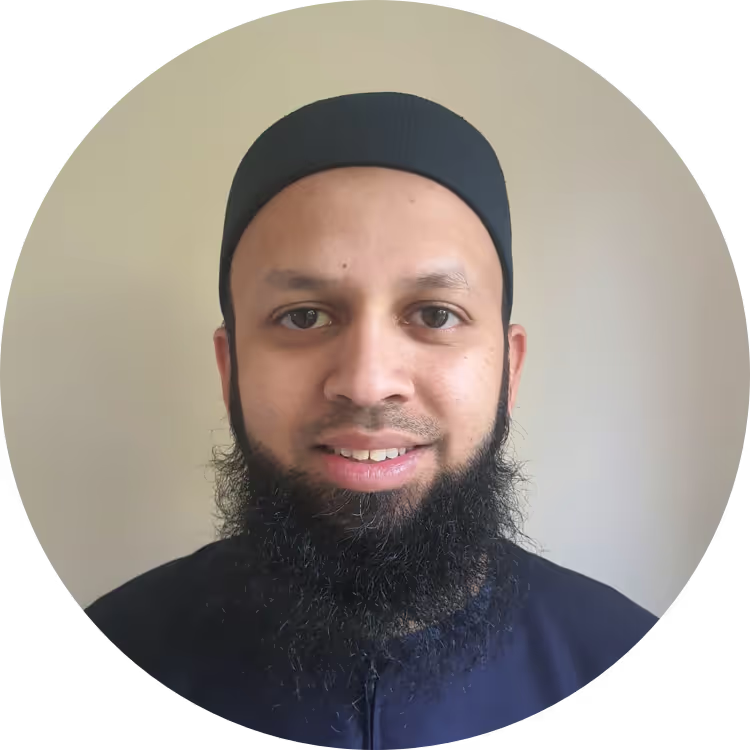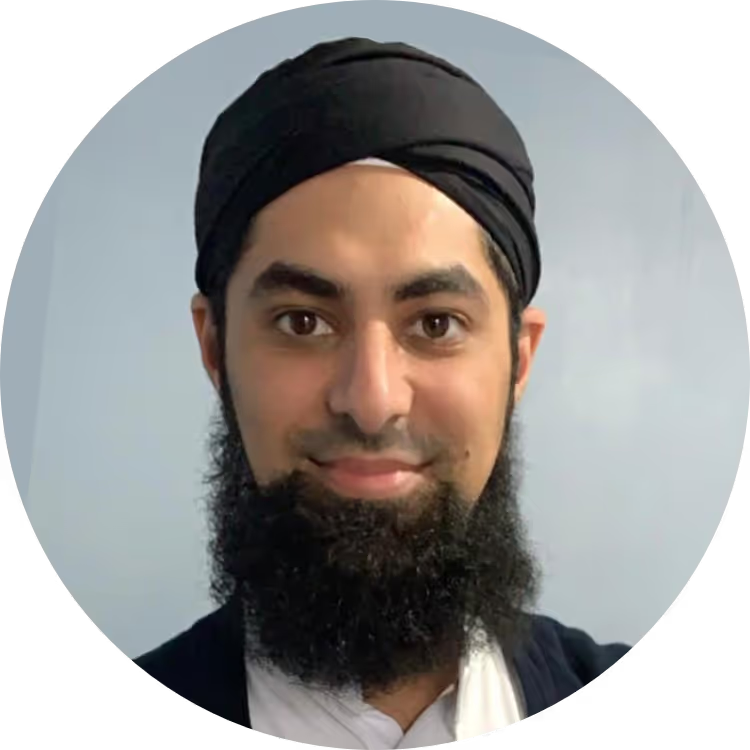Fard of Ghusl
The fard (obligatory acts) of ghusl involve three essential (minimum) steps:
- Rinsing the mouth once
- Rinsing the soft part of the nose once
- Washing the entire body from head to toe
These actions ensure the removal of major impurities, allowing a Muslim to perform prayers and other acts of worship that require a state of (major) purity.
Understanding the Obligations of Ghusl
1. Rinsing the Mouth
One of the integral parts of performing a valid ghusl is to rinse the entire mouth once. This step ensures that the mouth is cleansed of impurities and is a necessary part of the purification process.
2. Rinsing the Nose
Similarly, rinsing the soft part of the nose once is required. This act is essential to ensure that the nose is free from impurities, contributing to the overall ritual cleanliness.
3. Washing the Entire Body
The final fard act of ghusl is to wash the entire body thoroughly, from the top of the head to the toes. This includes making sure that water reaches every part of the body, such as the belly button, outer ear, and the opening of the ear canal, without inserting anything into the ear canal itself, as it would be harmful.
Emphasised Sunnahs of Ghusl
Intention
While the intention is not a fard, it is an emphasised sunnah. It involves a firm internal intention to perform ghusl to seek closeness to Allah by fulfilling His command.
Complete Wudu
Performing a full wudu as part of ghusl is also an emphasised sunnah. This includes the required rinsing of the mouth and nose.
Wash Hands and Private Parts
Washing the hands to the wrists and cleansing the private parts are emphasised sunnahs that precede the full body wash.
Practical Guidance on Performing Ghusl
With modern facilities, ghusl can be performed quickly and effectively. Standing under a shower allows water to reach the entire body easily, fulfilling the requirement to wash from head to toe. It is important to ensure that water reaches all parts of the body, including areas like the roots of braided hair for women, without the need to undo the braids as long as water reaches the scalp.
Did You Know?
People with braids do not need to undo their braids for ghusl, but must ensure that water is able to reach the roots of their hair during ghusl.
Conclusion
The fard acts of ghusl are crucial for maintaining ritual purity, necessary for performing prayers and other religious duties. By understanding and performing these obligatory acts, one can ensure they are in the proper state to engage in acts of worship.
FAQ
What are the three integrals of ghusl?
The three integrals of ghusl are rinsing the mouth once, rinsing the soft part of the nose once, and washing the entire body from head to toe.
Is intention necessary for ghusl to be valid?
While intention is an emphasised sunnah and not a fard (necessary), it is important as it aligns the action with seeking closeness to Allah. However, the validity of ghusl is not contingent on intention.
Do women need to undo braids for ghusl?
No, women do not need to undo braids for ghusl to be valid, provided water reaches the roots of the hair.

















.avif)

Lorem ipsum dolor sit amet, consectetur adipiscing elit. Suspendisse varius enim in eros elementum tristique. Duis cursus, mi quis viverra ornare, eros dolor interdum nulla, ut commodo diam libero vitae erat. Aenean faucibus nibh et justo cursus id rutrum lorem imperdiet. Nunc ut sem vitae risus tristique posuere.
Lorem ipsum dolor sit amet, consectetur adipiscing elit. Suspendisse varius enim in eros elementum tristique. Duis cursus, mi quis viverra ornare, eros dolor interdum nulla, ut commodo diam libero vitae erat. Aenean faucibus nibh et justo cursus id rutrum lorem imperdiet. Nunc ut sem vitae risus tristique posuere.